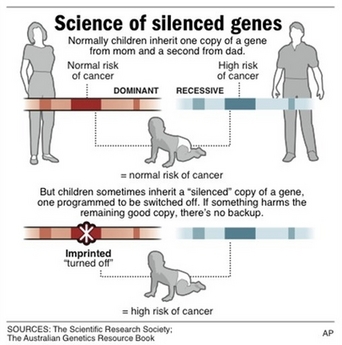Silent No More, a post-abortion awareness campaign, is seeking signatures of support for a letter to the American Psychological Association. Specifically, the letter seeks dialogue with the APA’s Task Force on Abortion and Mental Health. Silent No More would like to hear from women and men who have experienced post-abortion consequences, as well as those who support them. With permission, I am reproducing here a recent email alert sent to the Silent No More mailing list.
Note that the deadline for collecting signatures has been extended. Although the letter below says the letter will be delivered in time for the APA to respond by December 1, 2007, this is of course now not correct and will be corrected when the letter is sent to the APA. So anyone who is interested in signing on should do so now, although I am not aware of when the letter with signatures will be sent. When this information is available, I will post it.
Dear Silent No More Awareness Friends,
This month’s e-letter is somewhat like one we sent you this time last year! How ironic! We are once again soliciting you to be SILENT NO MORE via your signature. This time though it is on a letter going to the American Psychological Association (APA). The APA has created a Task Force to review all the existing research regarding the negative psychological consequences following abortion. Based on their evaluation of the data, they will release a report that will influence their members and the media for years to come.
After consulting with various experts of our own, we have decided to send them one letter signed by many.This is where you come in! The Silent No More Awareness Campaign needs you to join us and sign onto to the letter. The letter is below and if, after you read it, you want to sign it – please click on the email address and send us an email or send us a note stating you want your name included.
Here’s the letter:
We, the undersigned, have become aware that the American Psychological Association is revisiting the topic of abortion effects on mental health.
By means of the Task Force on Mental Health and Abortion you propose to collect, examine and summarize the scientific research addressing the mental health factors associated with abortion, including the psychological responses following abortion, and will produce a report based upon review of current research.
We write to ask how we may have a voice in the deliberations of this task force. As we review the task force charge we would like to make you aware of one item of interest and make one request. First, in examining the existing scientific research, we are aware of thousands of women who may not show up in studies of post-abortion effects. Part of the purpose of our letter is to make you aware of a very large pool of potential participants in research on potential effects of abortion.
Second, to open dialogue and facilitate understanding, we would like to request a meeting with the APA Task Force on Mental Health and Abortion. Leaders of groups representing women who experience negative post-abortion consequences would like to present data to you from our own collected experience.
The undersigned represent thousands of women who report negative post-abortion experiences of various kinds as well as thousands more people who stand in support of them.
We hope to hear from you by December 1st,2007. [This deadline will be later]
Sincerely,
To sign the letter as a woman who has had an abortion – email: [email protected] and note PAS Women Signature in the subject line. List your name as you want it included in the letter to the APA.
To sign the letter as a man who has an abortion experience – email: mailto:[email protected] and note PAS Man Signature in the subject line. List your name as you want it included in the letter to the APA.
To sign the letter as someone who supports women and men in getting healing after abortion – email: mailto:[email protected] and note PAS Support Signature in the subject line. List your name as you want it included in the letter to the APA.
If you’d like to have your friends also sign on to the letter, please direct them to our website: SilentNoMoreAwareness.org – have them click on “Join Us” and fill out the form – in the comments sections – note how they want to sign onto the letter. PAS Women Signature, PAS Man Signature, or PAS Support Signature.
We want to thank all of you for being silent no more in so many ways. We are especially grateful for those who have recently come aboard and want you all to feel welcome and know you participation is important to us. We pray for each of you to embrace God’s guidance as He shows you how to be silent no more.
Blessings for Life,
Georgette Forney, 800-707-NOEL
Janet Morana, 888-PFL-3448
Address any questions to the contacts above and feel free to make comments here as well.
